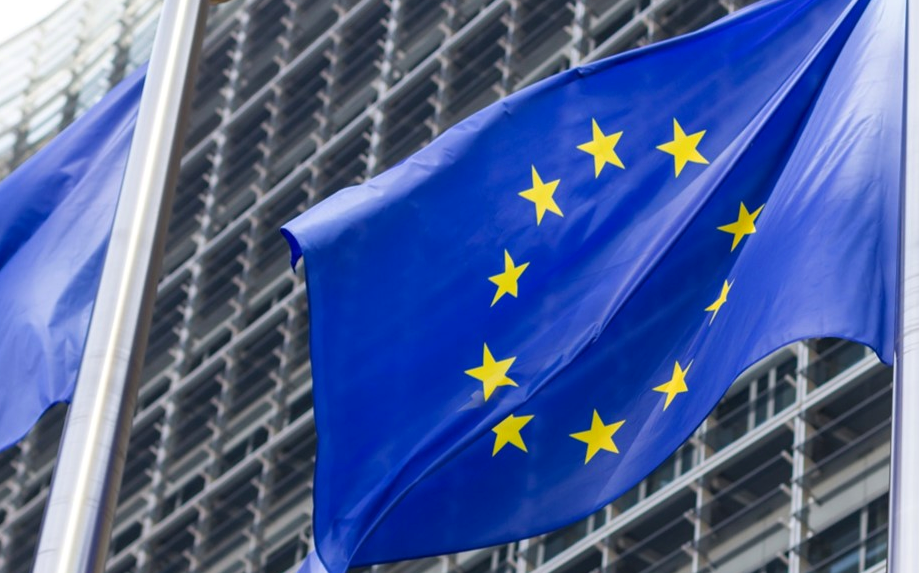Environment Committee’s vote on RED II wrongly penalises conventional biofuels
Joint statement from the EU Biofuels Value Chain calls for EU to recognise importance of conventional biofuels to energy, transport and agriculture
Brussels, 24 October 2017 – The European Parliament Environment Committee’s vote to phase-out the use of biofuels by 2030 seriously undermines the EU’s climate and sustainability objectives. It diverges sharply from the latest draft proposal from the EU Council, which safeguards the role of biofuels in the renewable energy framework.
Ahead of the vote in the Environment Committee, the Green Rapporteur MEP Eickhout highlighted that the "beneficiary" of the recast of the Renewable Energy Directive (RED II) "should be the climate." But his proposal falls short of ambition in this sense, since it does not include a dedicated target for the use of renewable energy in the transport sector and calls for a phase out of biofuels, which are essential in agricultural sustainability and represent the most cost-effective and readily available solution to decarbonise the transport sector. Beyond that, it prevents the potential of valorisation of EU agricultural biomass.
Speaking on behalf of the eight associations representing the EU Biofuel Chain, Copa and Cogeca Secretary-General Pekka Pesonen stated: "The EU should create a policy framework which supports all sustainable forms of renewable energy and contributes to the reduction of fossil fuels’ use and protein feed imports. EU biofuels have proven to do all that."
In particular, the development of first generation biofuels has resulted in some 35 Mt of gross avoided CO2 emissions in 2013. The deployment of renewable energies in transport led to a 116 Mtoe drop in EU demand for fossil fuels and, more importantly for the EU’s security of supply, to savings of €30 billion per year thanks to avoided imported fuel costs. Moreover, the production of biofuels from arable crops triggers the co-production of high-value protein meal and animal feed which replace 4 to 5 million hectares of imported feedstock. This increases the EU protein self-sufficiency and avoids environmental impacts elsewhere.
All these benefits, however, have been disregarded in the Environment Committee’s vote to the advantage of the fossil fuel industry. As declared by FEDIOL Director General Nathalie Lecocq: "The Environment Committee has focused all its efforts in trying to get rid of biofuels on the basis of alleged sustainability risks. In doing so, it has completely overlooked the big picture, which is the fact that 95% of EU road transport still relies on fossil fuels."
In this regard, while welcoming the enhanced focus on new-technology biofuels proposed in the Environment Committee’s opinion, the EU Biofuel Chain regrets the adopted approach which opts to further develop an industry at the expense of the existing one. It is essential for the EU to recognise the role of the biofuels industry in the development of new technology biofuels: enabling long-term investments in them will require the involvement of the investors of crop-based biofuels.
In that sense, the EU Biofuel Chain welcomes the latest proposal by the EU Council, which sets a 15% target for renewable energy in transport and recognises the key role of first generation biofuels towards this target by maintaining the current 7% cap. Unlike the Environment Committee’s approach, these elements would certainly send a positive signal to investors and respond to the EU’s strategic interests in terms of climate ambition, as well as protein and fossil fuel dependency.
